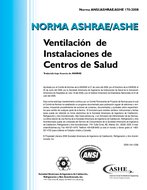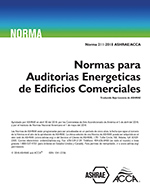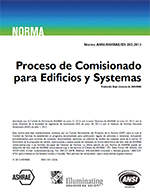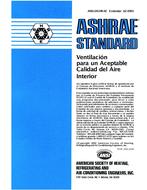Description
Space-heating cost distribution as viewed today should aim at a cost distribution according to individual consumption. A flat rate according to living area should no longer be applied. Consumption-oriented cost distribution motivates people to save energy because their savings result in decreased expenses.
In July 1979, legal regulations were enacted in the Federal Republic of Germany which provide a consumption-oriented cost distribution. These regulations are valid for houses supported by the state. They will also be extended to private residential buildings in early 1981.
Heating cost distribution in small living units by means of calibratable heat metering is expensive. In Germany the common warm water pipe system connecting the radiators to vertical distribution pipes prohibits the use of heat meters. In Fig. 1 the warm water distribution system is schematically shown for a 3 storey building, where S radiators are mounted on each floor. The installation of several heat meters per flat is uneconomical. Fig. 2 shows a desireable distribution system for the use of heat metering. There is only one heat meter necessary for each flat. With investment prices for heat meters from DM 400 and up, this investment plus additional installation costs is more meaningful.
The problems concerning-heat meters will not be dealt with further here since the measurement of heat by time integration of water flow rate and temperature difference is a well known technique. Also the evaporative heat meters will notbe described. The following paper concentrates on Electronic Heating Cost Allocation Systems, abbreviated ELHACA Systems.
Only recently have some of the long known non-calibratable heat-metering methods been taken up with renewed interest and developed further with some new technologies applied. These electronic systems are not widely tested in practice. So it is not yet possible to comment on their long-range properties, e.g . susceptibility to repairs. But it is certainly possible to point out their working principles and their advantages and disadvantages. If prototypes were measured, the results will be given in the presentation.
Citation: ASHRAE Transactions, Volume 87, Part 2, Cincinnati, Ohio
Product Details
- Published:
- 1981
- Number of Pages:
- 9
- File Size:
- 1 file , 960 KB
- Product Code(s):
- D-CI-2639




